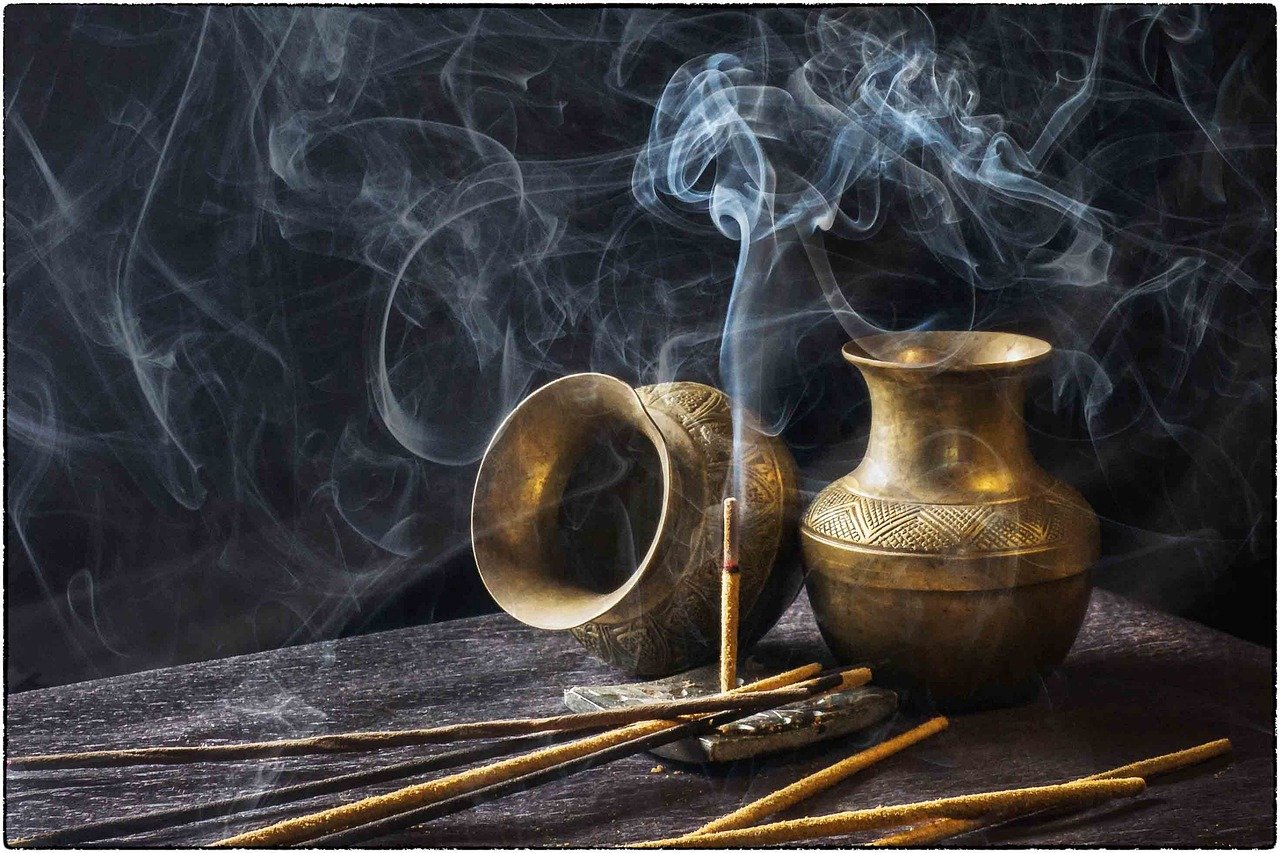
In recent years, discussions surrounding mental health have become increasingly open and inclusive, fostering an environment where individuals from diverse backgrounds feel encouraged to seek the support they need. This shift holds particular importance for South Asian communities, as cultural nuances and unique challenges can significantly shape the therapeutic experience. Choosing a South Asian therapist can be an effective way to navigate these complexities. Here are some key reasons why this option may be especially advantageous.
One significant advantage of consulting a South Asian therapist is the shared cultural background. South Asian cultures are vibrant and diverse, characterised by distinct traditions, values, and social norms. A therapist with this shared heritage is better equipped to comprehend the complex cultural context surrounding challenges like family dynamics, marital expectations, and societal pressures.
For instance, addressing subjects such as arranged marriages, intergenerational conflicts, or the stigma surrounding mental health is often more impactful when engaging with someone who naturally understands these concepts. This cultural alignment fosters a sense of comfort and trust, which are essential for a successful therapeutic relationship.
Language can often act as a considerable barrier in therapy. Although many South Asians are proficient in English, certain nuances and emotions are more effectively conveyed in their native language. A South Asian therapist who shares the same linguistic background can help bridge this divide, enabling a more detailed and accurate expression of emotions.
Furthermore, conducting therapy sessions in a familiar language can significantly enrich the therapeutic experience by minimising misunderstandings and fostering a stronger connection. This linguistic comfort enables clients to express their thoughts more openly and precisely. South Asian families typically place a strong emphasis on collectivism, prioritising the needs of the family and community over individual desires.
This cultural framework can introduce specific stressors, such as the pressure to meet family expectations or navigate the balance between traditional values and modern ambitions. A therapist with expertise in South Asian cultural contexts is better equipped to understand and address these distinct challenges.
Therapists with similar cultural backgrounds are often well-acquainted with the significance of family honor and the influence of social status within the community. They are equipped to offer personalised strategies that uphold these values while fostering individual well-being. Stigma surrounding mental health remains a prevalent challenge within South Asian communities. Pursuing therapy is often perceived as a weakness or failure, resulting in feelings of shame and hesitancy to seek assistance.
A South Asian therapist can provide a supportive environment where these cultural concerns are acknowledged and respected. These therapists are often better prepared to address and challenge these stigmas, offering culturally sensitive psychoeducation that fosters openness and acceptance. They assist clients in overcoming the fear of judgment and empower them to prioritise their mental well-being.
Consulting a therapist who shares your background can be profoundly empowering. It provides a sense of representation and visibility that can feel both inspiring and reassuring. Recognising that someone who understands your cultural challenges and achievements has also succeeded in the mental health field can serve as a powerful source of motivation. This portrayal can help clients feel more connected in their experiences and foster a sense of hope in their journey. It emphasizes the idea that mental health is a shared concern and highlights that seeking support is a constructive and empowering decision.
South Asian cultures typically embrace a holistic approach to health, emphasising the integration of physical, mental, and spiritual well-being. A therapist from a South Asian background is more likely to incorporate these perspectives into their practice, blending traditional therapeutic methods with cultural practices such as meditation, yoga, and mindfulness. This integrative approach provides a comprehensive path to healing.
Selecting a therapist is a highly personal choice, and for many South Asians, working with a therapist who shares their cultural background can greatly enrich the therapeutic process. A South Asian therapist offers cultural awareness, language proficiency, and an in-depth understanding of familial and societal dynamics, all of which foster more compassionate and effective care.
In the pursuit of mental wellness, this cultural connection can serve as a profound catalyst for growth, healing, and transformation. If these cultural nuances resonate with you and you are considering therapy, seeking a South Asian therapist could be a significant step toward fostering a deeper and more meaningful therapeutic relationship.